Are you facing the age-old dilemma of heating one room vs whole house? As winter’s chill settles in, this question becomes increasingly relevant. It’s not just about staying warm; it’s about doing so in a way that aligns with your lifestyle and values. In this comprehensive guide, we’ll help you navigate this decision, ensuring you make the right choice.
Is it cheaper to heat one room with an electric heater, or should you opt for the whole-house approach with central heating? Read the entire article – we provide 10 questions to ask yourself and assess your family routine to ensure you make smart choices for your household.
Whether you reside in a cosy studio or a spacious home, our guide is tailored to help you make an informed decision. Considering your unique circumstances, we’ll explore the most efficient ways to heat your house.
So, should you heat your whole home or just the room you’re in? Let’s dive into the details and find the best heating strategy for winter warmth.
Two Options: Heating One Room vs Whole House
You have two primary choices regarding heating: warming up a single room with an electric heater or heating the entire house using central heating. Each option comes with its own set of advantages and disadvantages. Let’s review the details and determine which option best aligns with your home and lifestyle.
Heating One Room
Choosing to heat just one room can be smart, especially if you spend most of your time in that space. It’s a straightforward approach that can offer warmth right where you need it. Let’s look at the upsides and downsides:
|
Advantages |
Disadvantages |
|
Cost-Effective for Small Spaces: Great for only using one room. |
Limited Range: Only heats your room, not the whole house. |
|
Quick Heating: Warms up your space fast. |
Inconsistent Temperature: Other parts of the house remain cold. |
|
Easy to Install: Just plug in and go. |
Higher Electricity Bills: These can be expensive if used a lot. |
|
Portable: Move it to where you need warmth. |
Safety Concerns: Requires careful handling to avoid accidents. |
|
Controlled Heating: Heat only when and where you need it. |
Not Ideal for Large Families: Doesn’t work well if everyone’s spread out in different rooms. |
Considering this option is important, especially if you often find yourself alone in one room. However, exploring alternative heating solutions may benefit larger families or those using multiple rooms.
Whole House Heating
To maintain consistent warmth throughout your home, whole-house heating is ideal. This comprehensive solution ensures that every room remains comfortable. Let’s review the advantages and disadvantages:
|
Advantages |
Disadvantages |
|
Consistent Warmth: Keeps the entire house cosy and comfortable. |
Higher Initial Cost: Setting up whole-house heating can be a significant investment. |
|
Convenient: Set it and forget it with a thermostat. |
Maintenance: Requires regular check-ups and potential repairs. |
|
Efficient for Large Spaces: Ideal for heating multiple rooms evenly. |
Energy Consumption: If not energy efficient, it can lead to higher utility costs. |
|
Better Air Quality: Often includes filters to clean the air. |
Takes Time to Heat: You might have to wait for the warmth to spread. |
|
Family-Friendly: Everyone stays warm, no matter where they are in the house. |
Complex Installation: Installation necessitates a professional and dedicated space for the setup. |
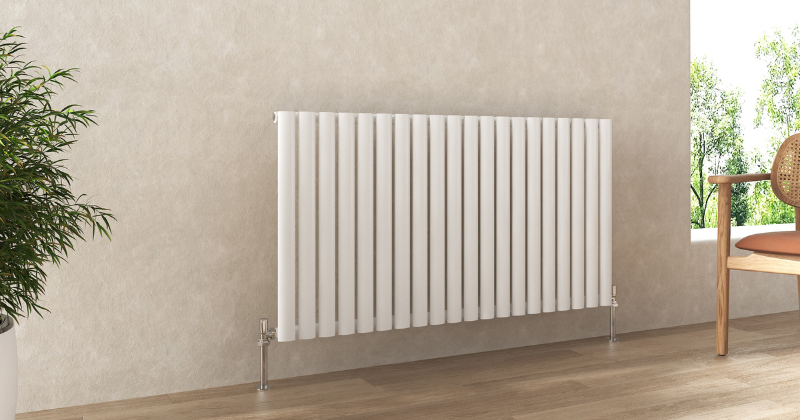
Cost and Efficiency: What’s the Deal?
When it comes to heating, it’s crucial to understand the costs and efficiency of your choices. To decide the answer to this question “Is it cheaper to heat one room with electric heater’ and “Should you heat your whole home or just the room you’re in?” you consider these three key questions:
Does the Size of My Room or How Well It’s Insulated Affect My Heating Bill?
Yes, the size of your room and the insulation quality can impact your heating costs. A larger room requires more heat, while good insulation keeps the heat inside. Improving insulation and choosing the right-sized space to heat can save you money.
What’s Cheaper: Using an Electric Heater or Central Heating?
The cost-effectiveness depends on your specific needs. If you’re heating a single room for short periods, an electric heater is often cheaper due to its lower upfront cost and efficiency for smaller spaces.
However, central heating might be a more cost-effective option in the long run, particularly for larger homes or when consistent heating is required throughout the house.
For in-depth information, you can read our article discussing the running cost of electric central heating.
How Do My Heating Choices Impact the Environment and My Cosy Home Vibe?
Your heating choices have environmental consequences, as electric heaters rely on the energy grid’s sources. In regions with clean energy, they can be eco-friendly, but they may contribute to emissions in fossil fuel-dependent areas.
Also, electric heaters offer precise control for comfort in specific areas, while central heating maintains consistent warmth throughout the house, which may impact your cosy home vibe.
Is It Cheaper to Heat One Room with Electric Heater?
When considering the cost-effectiveness of heating a single room with an electric heater, you must weigh various factors, such as room size and insulation quality.
Should You Heat Your Whole Home or Just the Room You’re In?
If you only need to warm a single room for short periods, an electric heater can be a cost-effective choice due to its lower upfront cost and efficiency for smaller spaces. However, central heating might be a more cost-effective option in the long run, especially for larger homes or when consistent heating is required throughout the house.

Home Heating Checklist for Smart Decisions
To assist you in making the right heating choice for your home, we’ve prepared a practical checklist that considers your family dynamics. This checklist will help you decide whether it’s more cost-effective to heat one room with an electric heater or opt for a whole-house heating approach.
Consider the following 10 factors and accompanying 10 questions related to family routines, room sizes, house layout, and the number of family members.
Factors to Consider When Choosing Between Heating One Room vs Whole House
Let’s delve into these essential factors to help you decide the most suitable heating method for your unique situation:
- Room Size: Is the room you wish to heat spacious enough for an electric heater to warm it efficiently?
- Insulation Quality: How well-insulated is your home, as this can impact heat retention and energy efficiency?
- Family Size: Consider the number of family members and how they utilise the available spaces within your home.
- Usage Patterns: Reflect on your heating habits—are specific rooms heated regularly, or do you heat the entire house?
- Energy Costs: Consider fluctuating energy prices in your area and the local electricity and fuel costs.
- Climate: Assess whether your location experiences mild winters or harsh, cold seasons.
- Environmental Concerns: Evaluate your environmental consciousness and the desire to minimise your carbon footprint.
- Budget: Determine your budget for heating setup, ongoing costs, and potential maintenance.
- Heating Control: Consider whether you prefer precise control over individual room temperatures or consistent house-wide warmth.
- Safety: Address any safety considerations or concerns, especially if you have children or pets.
10 Questions to Help You Decide Between Heating One Room vs Whole House
- How often does your family gather in one room, making it the primary living space?
- If your family frequently assembles in one room, prioritising its heating can enhance comfort and save on costs.
- Do certain rooms go unused for extended periods, allowing you to close them off for energy savings?
- If some rooms remain unoccupied for extended periods, it might be more efficient to heat only the currently used areas.
- Are there rooms your family uses more during specific seasons or times of the day?
- Consider heating rooms your family uses seasonally or at particular times to maximise energy savings.
- Is your family open to investing in room-specific heating solutions or prefer a central heating system?
- If your family values flexibility and cost savings, room-specific heating could be the choice. Central heating systems offer consistent warmth throughout the house.
- Does your house layout favour zoned heating or uniform heating throughout, aligning with your family’s routines?
- Zoned heating can provide personalised comfort if your home has distinct zones matching your family’s daily activities.
- Considering your family’s routines, How crucial is immediate warmth when you turn on the heating system?
- If your family prefers quick heating, electric heaters can warm a room rapidly, while central heating may take longer to reach the desired temperature.
- Is your family willing to adjust heating habits for efficiency and cost savings, considering routines?
- Openness to optimising heating habits according to your family’s routines can lead to energy cost savings with both room-specific and central heating.
- Does your family have access to renewable energy sources or cleaner energy options for electric heating?
- If your family can access clean energy sources, electric heating can be an environmentally friendly choice that aligns with your routines.
- What’s your family’s long-term vision for heating your home, considering potential changes in family dynamics or living arrangements?
- Consider your family’s future needs and how they align with your chosen heating method, considering possible routines and living arrangements changes.
- Are there any specific health considerations or comfort preferences within your family that should influence your heating choice?
- Considering health concerns or comfort preferences can help better tailor your heating method to suit your family’s needs.
Expert Advice: 13 Smart Tips for Efficient Electric Radiator Use
When it comes to efficient heating, you can count on these expert tips to keep your home warm without breaking the bank. Whether using an electric radiator or a central heating system, these strategies will help you maximise your heating setup.
- Seal the Leaks: Ensure your windows and doors are properly sealed to prevent heat from escaping.
- Use Curtains Wisely: Close curtains at night to trap heat and open them during the day to let in sunlight.
- Optimize Thermostat Settings: Set your thermostat a few degrees lower and wear warm clothing indoors.
- Insulate Your Home: Invest in insulation to keep the warmth and reduce heating costs.
- Zone Heating: If using electric radiators, heat only the rooms you use.
- Regular Maintenance: Service your heating system to keep it running efficiently.
- Programmable Thermostat: Install a programmable thermostat for customised heating schedules.
- Reverse Ceiling Fans: Run ceiling fans in reverse to circulate warm air downward.
- Use Draft Stoppers: Block drafts under doors with draft stoppers or weatherstripping.
- Blankets and Rugs: Add blankets and rugs for extra insulation and cosiness.
- Close Unused Vents: Shut vents in rooms you don’t frequently use to redirect heat.
- Upgrade to Energy-Efficient Appliances: Consider energy efficient heaters or radiators.
- Stay Informed: Keep an eye on energy prices and consider switching providers for better rates.
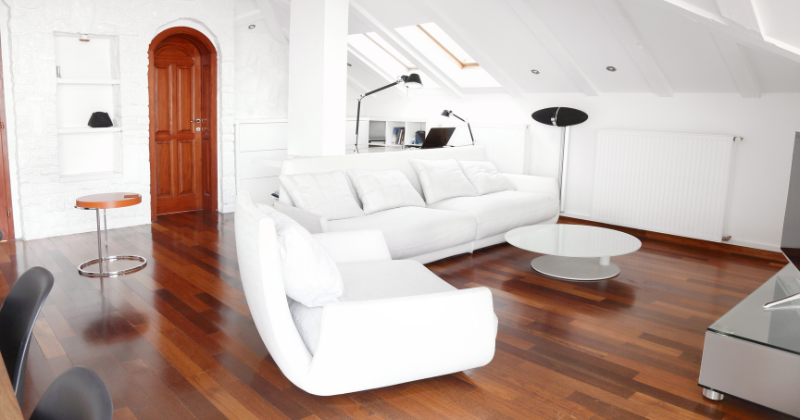
Heating Smarts: Comparing Single Room and Whole House Solutions
In this guide, we explored two primary heating options: using an electric heater to warm heating one room vs whole house. We’ve shared the advantages and disadvantages of each, considering cost-effectiveness, efficiency, environmental impact, and more.
Key Takeaways:
- One Room vs. Whole House: Consider your heating needs and habits. Decide whether to focus on heating a single room, which works well for smaller spaces or solitary dwellers or opt for whole-house heating to maintain consistent warmth throughout your home.
- Cost and Efficiency: Consider factors like room size, insulation quality, and energy costs to determine whether an electric heater or central heating is the most cost-effective choice for you.
- Environmental Impact: Be mindful of your environmental consciousness and the energy sources in your region. Your heating choices can have a significant impact on your carbon footprint.
- Family Dynamics: Evaluate your family’s size, routines, and room usage patterns. This assessment will guide you in choosing the best heating method for your family’s needs.
- Expert Tips: Maximize your heating setup’s efficiency with expert tips, including sealing leaks, optimising thermostat settings, and using zone heating for electric radiators.
If you’re seeking personalised guidance or have specific questions about your heating requirements, don’t hesitate to get in touch with us. Our experts help you balance comfort, cost-efficiency, and sustainability in your home heating.
FAQs
How Can I Heat Only One Room?
You can heat only one room using an electric radiator designed for single-room heating. These radiators are designed to provide efficient and targeted heating to a specific area.
What Type of Electric Radiator Is Good for One Room Heating?
For one-room heating, it’s recommended to use an electric radiator that matches the size and heating requirements of the room. Convection radiators, panel heaters, or electric radiators with programmable thermostats are good options.
Depending on the specific room, such as the living room, kitchen, bathroom, or bedroom, you can select the most suitable type of electric radiator to ensure efficient and comfortable heating.
What Type of Electric Radiator Is Good for Whole House Heating?
Whole-house heating typically requires a more comprehensive system, such as central heating. While some electric radiators can provide heating for multiple rooms, they may not be suitable for whole-house heating.
Are There Energy-Efficient Options for Whole House Heating?
Yes, there are energy-efficient options for whole-house heating. Energy-efficient central heating systems, heat pumps, and smart thermostats can help you heat your entire home while minimising energy consumption.
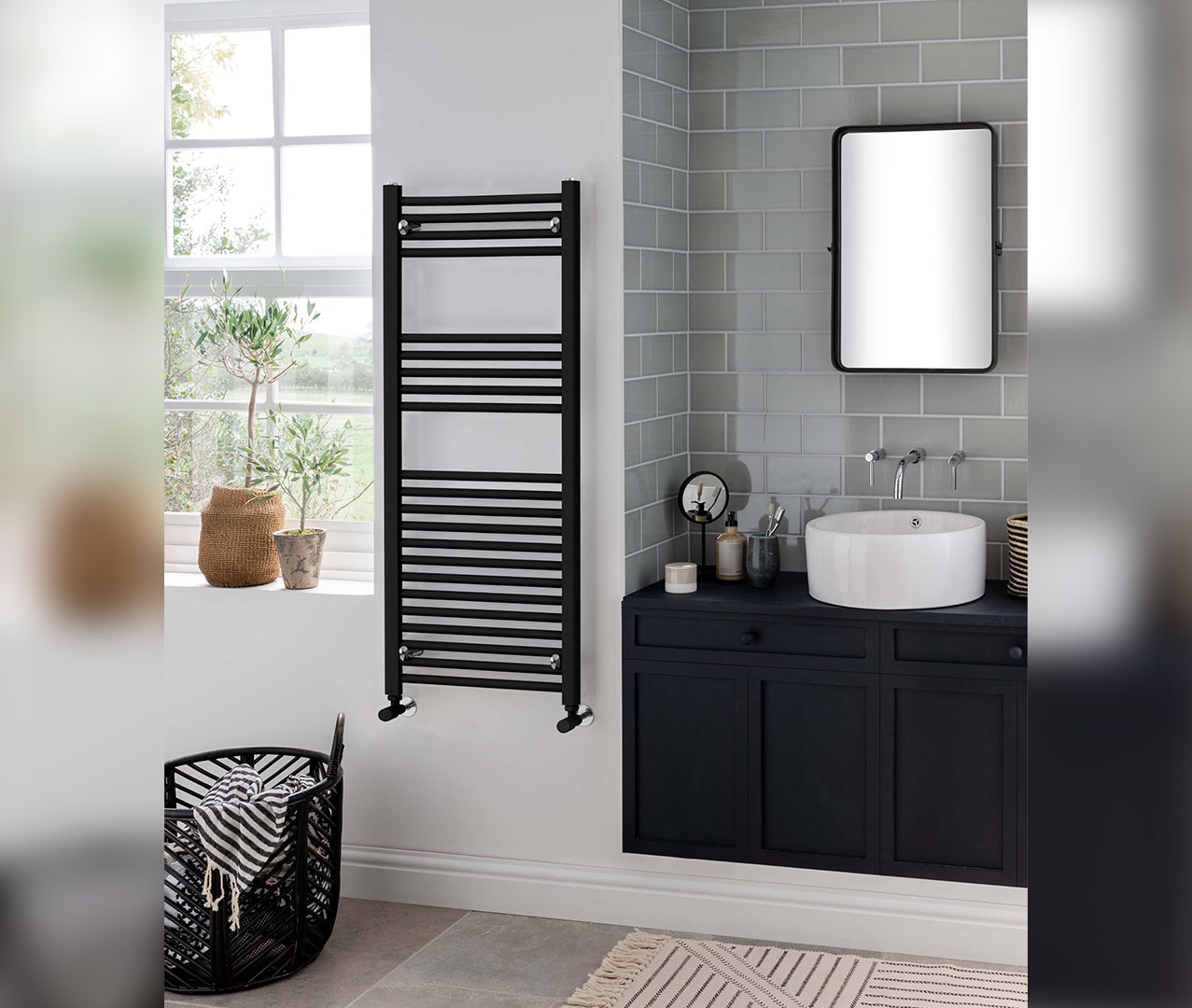

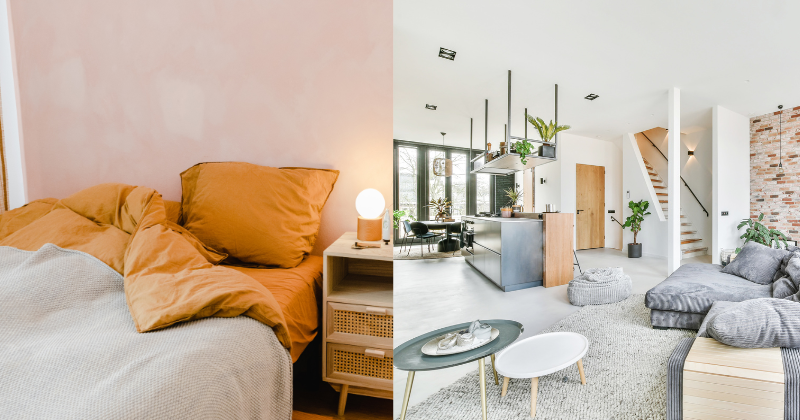



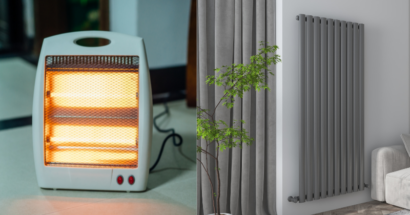

Leave a Reply